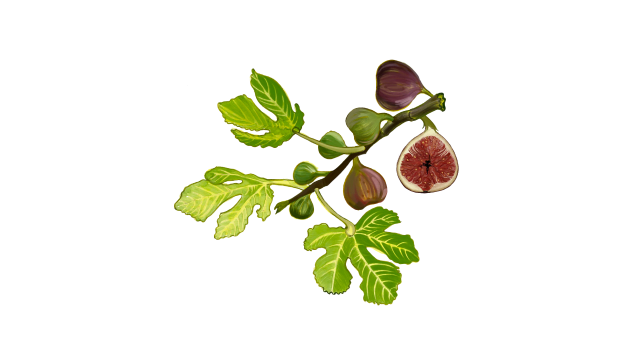Loving-Kindness & My Mother-in-Law

After discovering meditation in 2012, Tracy Fink felt called to share what she was learning with others. That led her to the Search Inside Yourself Learning Institute (SIYLI), a global evidence-based emotional intelligence program engineered at Google, where she completed a one-year program to become a certified teacher. Today, Fink offers leadership development workshops, one-on-one coaching, and resilience training to companies and individuals.
Here, she talks about healing a challenging relationship, the importance of finding a teacher, and the calming power of jellyfish.
Q: How did you first discover meditation?
A: I had a friend who was practicing meditation. I noticed some very subtle changes in how she responded to events that I know had caused her stress and pain in the past. She had a different way about her after practicing for some time. I had been experiencing some of the same challenges with work/life balance, and at the time, my mother-in-law was a real thorn in my side, if you will.
With my friend, it was like, "I'll have what she's having." She was the one who introduced me to practicing meditation and the benefits of it. She got me started by reading "Happiness Is an Inside Job" by Sylvia Boorstein. From there, she and I went on meditation retreats. Even though we were good friends from college, our relationship went to a different level because this was something that we were learning together. I was learning from her, and she was learning from me.
Q: How did you find your meditation style?
A: I had a pretty challenging relationship with my mother-in-law, and I knew it was important to me to maintain the relationship. I didn't know how, so one of the first meditation practices I tried was loving-kindness. You offer yourself kindness first, and then offer kindness to a teacher, a benefactor, a stranger, and then someone with whom you have a challenging relationship.
Our relationship improved when I included my mother-in-law in my practice and offered myself some of that tenderness. It wasn't that she changed at all; I just saw her very differently. Instead of being angry, I was much more compassionate. That practice has been my go-to for myself and the people I coach and teach. People don't even know that they can offer themselves loving-kindness — they think it might be selfish or that it's not strong — but it's that whole idea of putting your oxygen mask on first in practice.
Q:What tips do you have for beginning meditators?
A: I think you should find a teacher. It's tough to do this on your own. You wouldn't take a trip or a journey to an unfamiliar landscape without a guide, and that's what I think the role of a good teacher is in meditation — not only to guide you but offer some context around your practice.
This is important because meditation practice may be boring for many people or bring up uncomfortable things. It's nice to have someone to share, discuss, unpack, reassure or be with on your journey. I think it's much more satisfying to do it with other people, at least to get started.
Another tip for beginners is to stick with it. It's a practice; you're not going to do it one time and get it right. Like anything, the more you practice, the better you get at it.
I would also advise people to maintain a real sense of kindness and curiosity toward the practice. Approach it from the perspective of being open to what may come up. Be kind to yourself, knowing that we can always begin again — and that we often have to begin again
Q: What does your daily meditation practice look like?
A: Every night, I do a gratitude practice where I write down three things I'm grateful for that day on my phone. That has helped shift some perspectives, especially during COVID. In the morning, before I start my day, I think about the day ahead of me and bring to mind some people I'm going to meet with and offer them loving-kindness or try to connect on a different level before we meet.
Every day is different depending on how I feel. I've been doing a lot of walking meditation lately. This morning, I did a loving-kindness meditation because I felt like I needed a Sharon Salzberg guided meditation.
Q: Are there any activities besides meditation that you like to engage in regularly for your wellbeing?
A: I find that journaling is a great way to start the day. I try to connect with people every day, and I try to get outside every day. I live in the Northeast of the United States, so it's cold in the winter, but it's invigorating to be outside as long as I'm appropriately dressed. I've also just discovered this jellyfish camera app at the Monterey Bay Aquarium, where it's just jellyfish floating to music. It's so calming; I love it.
Try this Roundglass course, A Modern Guide to Mindfulness, by meditation teacher Curtis Smith, to experience how this practice may elevate the nature of your relationships.
Header photo: Steve Smith/Getty Images







